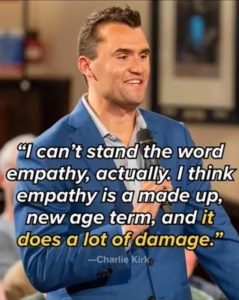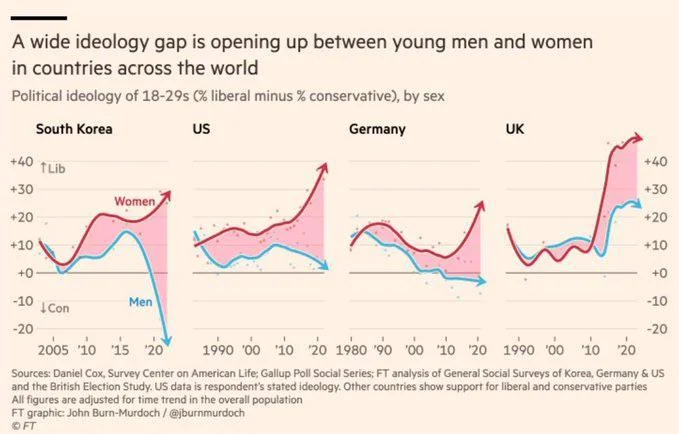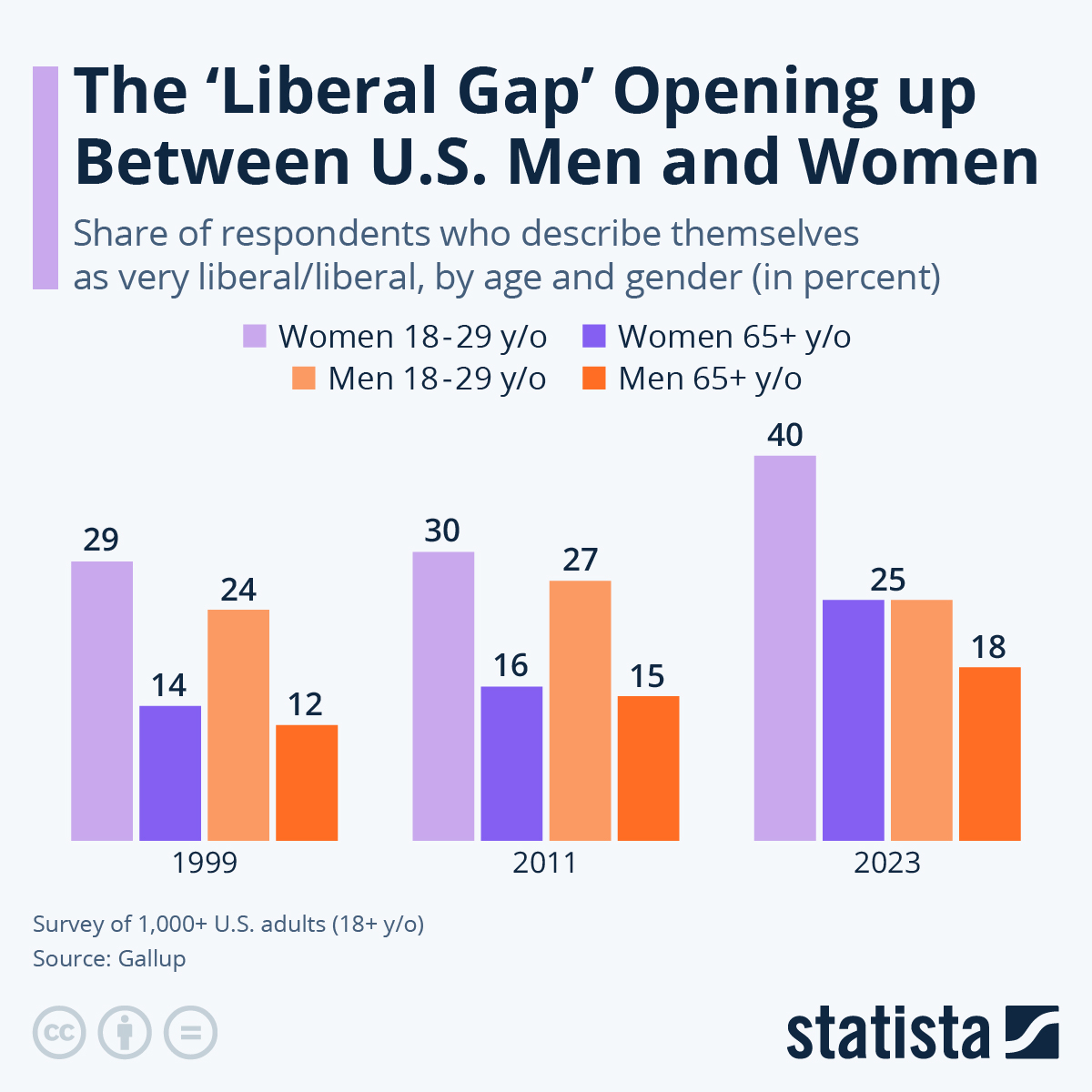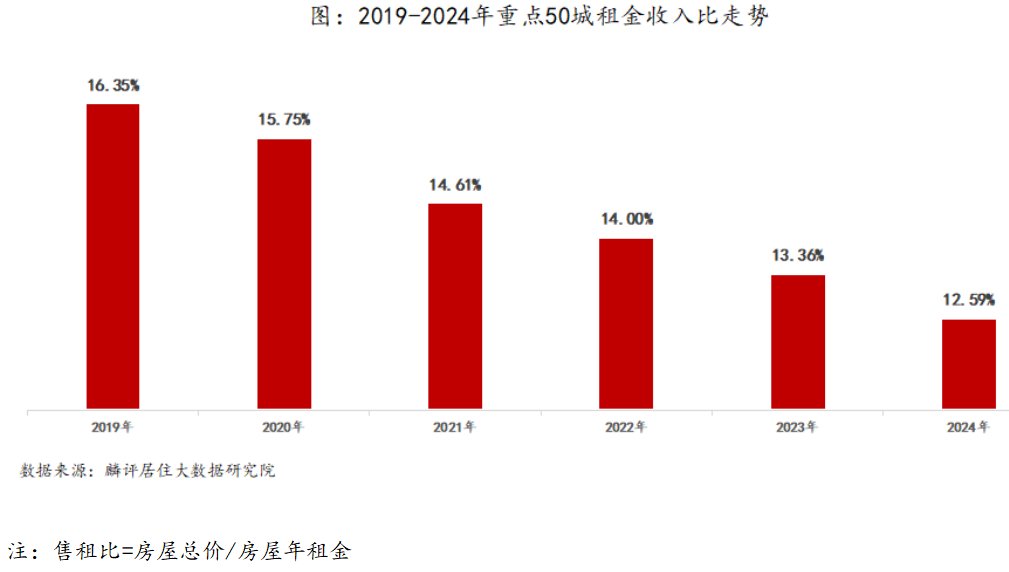 My favorite Charlie Kirk quote is:
My favorite Charlie Kirk quote is:
I can’t stand the word empathy, actually, I think it’s a made up new age term, and it does a lot of damage.
But Charlie wasn’t just a one-note ideological thinker.
I think it’s worth to have a cost of, unfortunately, some gun deaths every single year so that we can have the Second Amendment to protect our other God-given rights. That is a prudent deal. It is rational.”
Kirk was, needless to say, all for the Gaza genocide, but he was for it by lying about it. Most famously, he denied starvation in Gaza.
Anyway, Kirk was an evil, pro-genocide douchebag, who was shot, which he said was an acceptable price to pay for the second amendment. I’m not going to waste crocodile tears on someone who actively worked for the mass murder of civilians and who died in a way he thought was an acceptable sacrifice.
But we need to unpack this properly. One thing commenters on the right have been saying is that Charlie may have died, in full of in part, because of neo-liberals and the left calling him and people like him Nazi or fascist.
Now I don’t know the motives of who killed him, but in our society many people do genuinely believe that killing Nazis was justified and the right way to deal with them. There’s a version that swings left, of course. “The only good Commie, is a dead Commie.” The Black Book of Communism and the constant reminders of deaths under Mao and Stalin are meant to justify this sort of hatred, as reminders of the Holocaust and German war crimes are to justify killing Nazis.
So the right isn’t wrong. If you call someone a Nazi there’s a certain subtext where “and killing him would be justified” is implied. Fascist is weaker, but same general idea.
But the reverse version is Communist/Marxist/Socialist. The right calls their enemies this all the time and it has the same implication. “Cultural Marxist” was the battle cry used by people like Kirk to justify purges of the university system of left wing professors.
I don’t want to imply these are mirror phenomena. The fact is that since the early 20th century being Communist, Marxist or Socialist has been much more likely get one fired, jailed, deported, beaten or killed than being a fascist. Indeed, there was a huge taboo against calling anyone a Nazi, so much so that doing so was considered “losing the argument.”
It took a lot of boundary pushing in the right for that taboo to be partially broken.
Back in 2016, during Trump’s first run for the Presidency, I wrote that constantly calling him a fascist or Nazi, and branding resistance ANTIFA would naturally lead to violence, because if someone is a Nazi, violence isn’t just justified to stop them, it’s a moral imperative to use any means necessary including violence to oppose them.
But in America, the same is true of stopping Communism or socialism or Marxism. And the same is true of calling Abortion a holocaust.
So what’s happened here is that the shoe is now on both feet. The right had their Commies and their abortion Holocaust to justify their actions. Now the center has Nazis and the left has Nazis and the Gaza genocide to justify their violence.
By their lights, all three sides are justified in violence. If Commies and Nazis and Genocide are true evil, and if all sides have committed genocides and are Nazis (right) and Commies (left/center) then, indeed, it is ethically required to use any means necessary to stop them.
What we’re seeing right now is a cry from all the “responsible people” of “don’t resort of political violence! It’s never justified!” (This in a country formed by violent revolution, who’s almost always mass murdering people for political reasons.)
But the issue is that the right and, actually, the center, are acting like fascists, at the least, and really like Nazis. (That whole inconvenient genocide thing.)
The right’s case is weaker, unless you do view abortion as a Holocaust, in which case, yes, you are hard pressed not to find yourself wondering why you aren’t murdering the abortionists. Neoliberals aren’t left wing, socialists or communist and there are no socialists or communists anywhere near power in the US. The right calls neoliberals the left and pretends “cultural Marxism” is Marxism, so they’re really Stalinists, which is ludicrous to anyone who knows the politically correct crew that the right calls “cultural Marxists.”
If you want avoid domestic political violence over these issues (though it’s all really a proxy for the impoverishment of the majority of the population) you either have to decide that being a Nazi (pro genocide, pro gestapo/ICE thugs) is OK, or stop being a Nazi. On the other side, you have to give up abortion or decide that it isn’t a Holocaust. And since “cultural Marxism” is really proxy for a series of policies meant to help women and various racial and sexual minorities, you have to decide whether prejudice, including legal prejudice against them is OK (Issue one) and whether or not they deserve any sort of helping hand (a separate issue. You could keep them legally equal and let them keep their rights like gay marriage and the female vote but get rid of affirmative action and so on.)
In other words, to avoid political violence over ideology, you need to have the vast majority of the population agree on what is acceptable. Is genocide is OK? Abortion? Affirmative Action. Women having the vote? (Peter Thiel, who bankrolled Vance, has suggested women shouldn’t have the right to vote.) Gays marrying. People being able to choose their own gender. Police raids by badgeless masked men without warrants from unmarked vans.
If people don’t agree on what is right and the red lines being crossed are of “this is a holocaust” or “this is completely destroying millions of people’s lives” then of course it’s going to break out into political violence. Expecting otherwise and hand waving that “we should kill over difference in opinion about whether it’s OK to commit genocide” are ludicrous and pathetic and foolish.
There’s political violence because Americans disagree over life and death issues as large as, but not limited to “should we commit genocides?” Well, again, that and general immiseration, which lowers the ignition point.
If you don’t want political violence, don’t wag your finger and say “political violence is bad, ‘kay”, either agree as a society to be a bunch of Nazis with an immiserated population, or decide not to be Nazis and make sure that almost everyone has a good life.
As for Kirk, I’m glad he got a death in line with his beliefs: making the ultimate sacrifice for the right of Americans to bear arms. It was “worth it” and I will assume he meant that, and if he still exists he’s at peace, having died for what he truly believed.
***
If you’ve read this far, and you read a lot of this site’s articles, you might wish to Subscribe or donate. The site has over over 3,500 posts, and the site, and Ian, take money to run.





 My favorite Charlie Kirk quote is:
My favorite Charlie Kirk quote is: So, Democratic Socialist (ie. has politics a 70s liberal would have agreed with, but is less racist) Zohran Mamdani has won the nomination as the Democratic candidate for New York City Mayor.
So, Democratic Socialist (ie. has politics a 70s liberal would have agreed with, but is less racist) Zohran Mamdani has won the nomination as the Democratic candidate for New York City Mayor.